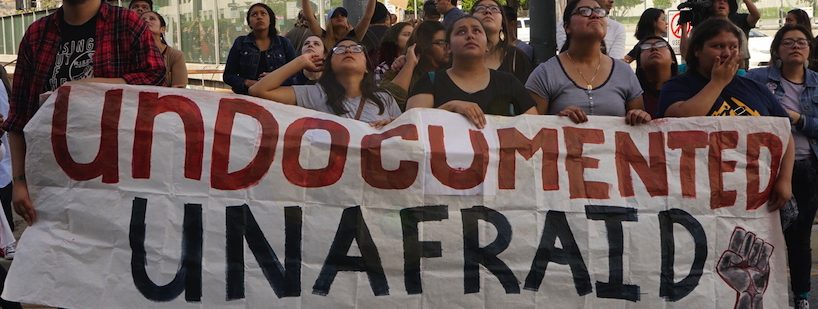What I learned from this class
I learned a few main things from this class – a foundation of the principles of organizing, a (limited) sense of the current state of education organizing, and an idea of how academia interacts with organizing. For me, these were the focuses of the class, and each aspect was considered in the context of organizing for urban education.
Foundation of organizing principles
It definitely felt like a majority of this class was focused on the principles of organizing. The discussions that I most connected with were debates about the virtues in each of various organizing strategies. My biggest takeaway from this semester is how Saul Alinsky and Paulo Freire’s organizing strategies occupy two ends of an organizing spectrum. Alinsky’s end involves an experienced organizer, maybe from outside the community, stepping in to identify a problem and quickly mobilize a community to action. On the other hand, Freire emphasizes the development of relationships. His focus is on building connections and community which, over time, allows individual empowerment as a foundation for community empowerment. Through this, a tight-knit community can advocate for changes they feel are needed. Following one of these philosophies wholly seems improbable, though many groups utilize aspects of both in their organizing efforts.
Sense of current state of education organizing
From this course, I have gained exposure to the current state of education organizing through the use of Twitter, individual experiences of my classmates, and course readings. From following some news media and seeing what outside pieces other classmates share on Twitter, I have read a lot more than I previously did about actions currently taking place across the country.
How academia interacts with organizing
Course readings have provided one window into the relationship between academia and education organizing, but being able to talk with several authors of those pieces added immensely to my learning. Even with an article written recently, it is easy to think that those ideas are old because they had to go through the process of publication. When speaking directly with someone in the field, however, it becomes abundantly clear that their thoughts actually reflect the present-day philosophies of organizing and education. What was truly special was hearing them connect current ideas to past education and organizing philosophers such as Alinsky and Freire. Seeing how they incorporate such ideas into their thinking and research has solidified for me the direct and indirect influence that these thinkers have had on many people’s communities.
Another important takeaway from this course is a continued reminder to look at history with a critical eye because how events are written and remembered often does not reflect true events with due justice. The most salient of these stories is that of Ella Baker, a key organizer in the Civil Rights Movement whose name has been lost among those of many men. This historical loss is also in part due to her organizing principles of building relationships and connection that allow youth and communities to lead themselves without the overbearing input of an Alinksy-type leading organizer. That being said, after learning about Baker’s influence on the Civil Rights Movement, I can only image how many other brilliant organizers are behind the scenes of the actions and lobbying that I hear about through news media.
What I learned from this project
Having never spent a significant amount of time anywhere in the US other than the Northeast, I am excited to be teaching outside of Denver, Colorado next year. I know very little about Colorado and was therefore excited to learn more about it though this project. I have lived my whole life in predominantly white communities, and I am excited to live in more diverse areas in the future. That being said, I think it is my responsibility to educate myself about some of the issues facing communities of color in Colorado and what recent actions have taken place. This project allowed me to do exactly that, while also allowing me to more wholly understand some of the case studies detailed in course readings about Denver schools.
I have found it really rewarding to recognize theoretical aspects from this course in the practical organizing that I have learned about in Denver. When looking at an organization’s website, I can see how much they focus of relationship-building compared to how action-oriented they are. Especially among organizations working for rights of undocumented students, there is a wide range of focus. Some express a focus on support and development of the individual while others tout their legislative lobbying actions and press coverage.
Ultimately, this project culminated the theoretical and current practical work we studied this semester through a case study of organizing implementation for urban education.
